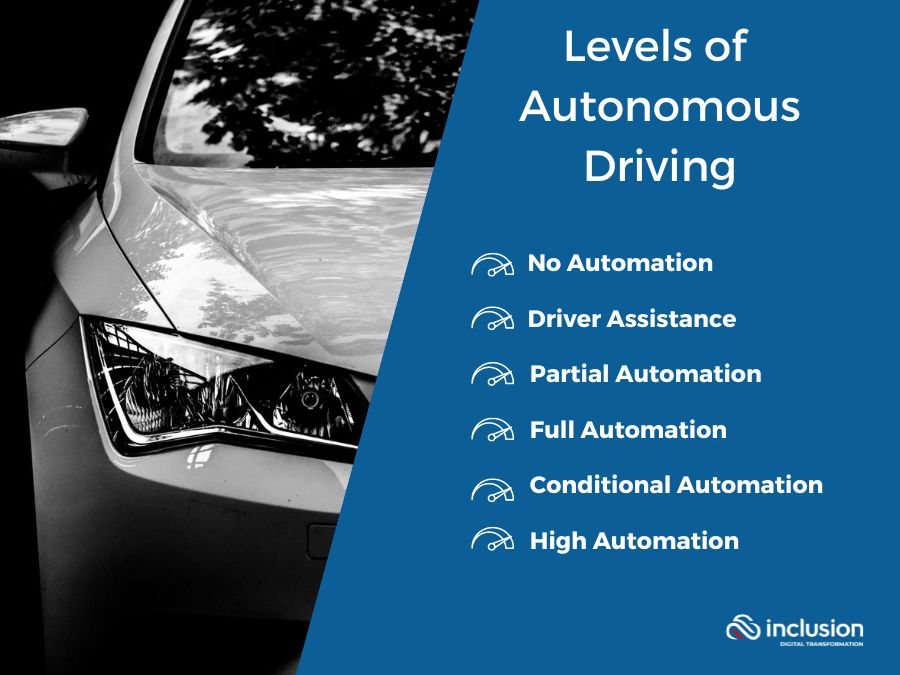Insightful Perspectives
Explore a world of engaging news and informative articles.
When Cars Drive Themselves, Who Gets The Road Rage?
Explore the future of driving! Discover how self-driving cars may change road rage and redefine our car culture forever.
Navigating Emotions: How Self-Driving Cars Could Change Road Rage Dynamics
As self-driving cars become more prevalent on our roads, the dynamics of road rage could experience a significant transformation. These autonomous vehicles are designed to follow traffic rules, maintain safe distances, and react calmly to sudden changes, unlike human drivers who are prone to emotional reactions. According to a report by ScienceDirect, the introduction of self-driving technology could reduce aggressive driving behaviors by removing the human tendency for impatience and frustration. This shift could foster a more peaceful driving environment, where individuals are less likely to confront one another over minor infractions.
Moreover, the integration of advanced technologies such as emotion recognition systems could further mitigate road rage incidents. These systems analyze individual driver behaviors and adjust the self-driving car's operation accordingly, potentially diffusing tense situations before they escalate. As highlighted by Forbes, self-driving cars equipped with such technology may not only increase safety but also promote a culture of empathy on the roads. By actively managing interactions and fostering understanding, self-driving cars could help to transform the landscape of road rage into a more harmonious experience for all road users.

The Psychology of Autonomous Vehicles: Who's Responsible for Road Rage?
The introduction of autonomous vehicles (AVs) promises to revolutionize our roads, but it also raises important psychological questions about responsibility in cases of road rage. Traditional drivers may attribute aggressive behavior to other human drivers, but what happens when the aggressor is a machine? Forbes highlights that this shift challenges our perception of accountability. If a driver feels anger towards an autonomous vehicle, is it the fault of the machine's programming or the individual’s inability to adjust to the new driving landscape?
Moreover, the psychology behind road rage could evolve with the prevalence of AVs. As autonomous vehicles become more common, research suggests that human drivers may experience heightened frustration with AVs due to their adherence to traffic laws and slower driving speeds. This could lead to a paradox where the very technology designed to reduce accidents inadvertently fuels human aggression. Understanding the implications of this emotional response is crucial for both manufacturers and policymakers as they navigate the future of transportation.
Will Self-Driving Cars Lead to a Rage-Free Road? Exploring Potential Outcomes
The advent of self-driving cars promises to revolutionize our roadways, potentially leading to a rage-free road environment. As autonomous vehicles take to the streets, human errors—often the root of aggressive driving and road rage—may diminish significantly. Studies suggest that the majority of road conflicts stem from human emotions, such as impatience and frustration. Autonomous systems, designed for optimal safety and efficiency, could mitigate these issues. According to an article from NHTSA, a reduction in human intervention might lead to fewer accidents and a calmer driving experience, free from the instinctual reactions that often fuel aggression.
However, the transition to a landscape dominated by self-driving vehicles may not be entirely seamless. The integration of autonomous technology into existing traffic systems poses challenges, including public acceptance and infrastructure readiness. As highlighted by an analysis from ITU, there remains a significant gap in readiness both in technology and societal mindset. Ultimately, while self-driving cars hold the potential to reduce road rage significantly, their effectiveness will depend on broader acceptance and a well-planned transition strategy that prioritizes education and safety enhancements.